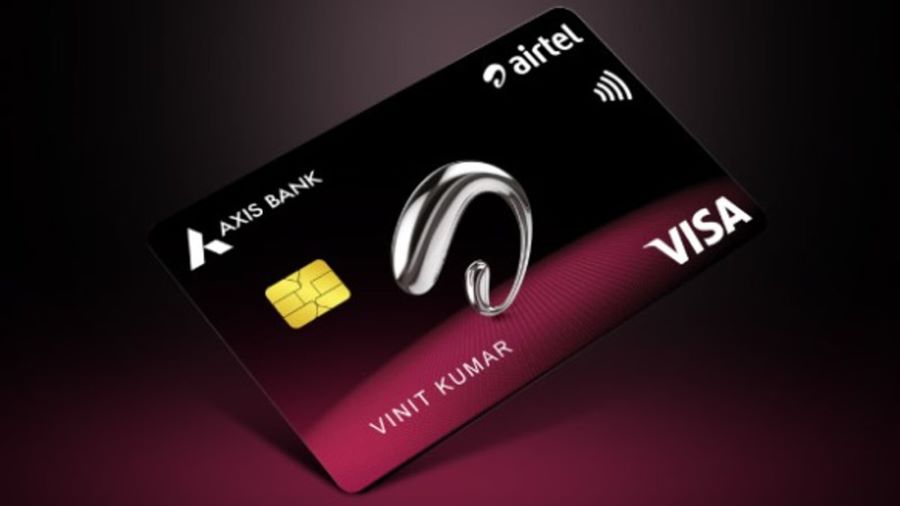Credit cards have become indispensable tools in modern financial management, offering convenience, rewards, and a line of credit for urgent needs. However, obtaining a credit card is not as simple as filling out an application form. The credit card appraisal process involves a thorough evaluation of an applicant’s financial health and creditworthiness. This blog will delve into the eligibility criteria for credit card appraisal, guiding you through the steps on how to qualify for a credit card appraisal.
Understanding the Credit Card Appraisal Process
The credit card appraisal process is a comprehensive assessment conducted by credit card issuers to determine the eligibility of applicants. This process involves various checks and verifications, ensuring that the applicant is capable of managing credit responsibly. Understanding the factors that influence this appraisal can significantly improve your chances of approval.
Also Read: 5 Ways to Make The Most of Your Credit Card
Key Factors in the Credit Card Appraisal Process
- Credit Score: Your credit score is one of the most critical factors in the credit card appraisal process. It reflects your credit history and repayment behaviour. A higher credit score indicates a lower risk for lenders, increasing your chances of approval.
- Income Stability: Regular and stable income is crucial for credit card approval. Lenders assess your income to ensure that you can meet your credit card payments without financial strain.
- Employment Status: Employment status and job stability play a significant role. Regular employment with a reputable organisation or a successful self-employment history can positively impact your appraisal.
- Existing Debt: Your current debt levels are also scrutinised. Lenders prefer applicants with lower existing debts, as high debt levels may indicate an inability to handle additional credit.
- Age and Residency: Age and residency status are basic eligibility Generally, applicants must be at least 18 years old and should have a permanent residential address.
- Documentation: Proper documentation, including identification proof, address proof, and income proof, is essential for a smooth appraisal process.
How to Qualify for a Credit Card Appraisal
Qualifying for a credit card appraisal requires a strategic approach. Here are some steps to enhance your eligibility:
1. Maintain a Good Credit Score
A good credit score is the cornerstone of qualifying for a credit card appraisal. To maintain or improve your credit score, ensure timely payments of existing loans and credit card bills. Avoid maxing out your credit limits and minimise hard inquiries on your credit report.
2. Ensure Stable Income
Stable income reassures lenders of your ability to repay. If you’re in a stable job, continue to build your tenure. If self-employed, ensure that your business shows consistent earnings. Provide clear and accurate income documentation during the application.
3. Manage Existing Debts
Keeping your existing debts under control is crucial. Aim to lower your debt-to-income ratio by paying off outstanding loans and credit card balances. This demonstrates your financial responsibility and increases your creditworthiness.
4. Gather Required Documentation
Having all the necessary documents in order can expedite the appraisal process. Commonly required documents include:
- Identification proof (Passport, Aadhar card)
- Address proof (Utility bills, rental agreement)
- Income proof (Salary slips, bank statements, tax returns)
5. Choose the Right Credit Card
Different credit cards have varying eligibility criteria. Research and choose a card that aligns with your financial profile. Some cards are designed for individuals with lower credit scores, while others offer premium features for those with higher income levels.
Also Read: Credit Card Tips for International Travel
Airtel Axis Bank Credit Card: A Smart Choice
If you are looking for a credit card with substantial benefits and low fees, consider the Airtel Axis Bank Credit Card. This card offers an annual cashback of up to ₹16,000. Users can enjoy 25% cashback on Airtel bills, Wi-Fi, DTH, and recharges. Additionally, there is a 10% cashback on utility bill payments such as gas and electricity, and 10% cashback on Swiggy, Zomato, and BigBasket. You also get 1% cashback on all other expenditures. The card includes extra perks like up to 15% off at partner restaurants, up to 1% fuel surcharge waiver, and domestic lounge access four times a year. The joining fee is just ₹500, and the annual fee is also ₹500, which can be waived off if your annual spend exceeds ₹2 lakhs in the second year. The maximum credit limit is up to ₹5,00,000, making it a versatile choice for various financial needs.
Conclusion
Understanding the eligibility criteria for credit card appraisal is essential for a successful application. By maintaining a good credit score, ensuring a stable income, managing existing debts, and gathering the necessary documentation, you can improve your chances of qualifying for a credit card. The Airtel Axis Bank Credit Card is an excellent option, offering substantial cashback and other benefits at a low fee. By following these guidelines, you can navigate the credit card appraisal process with confidence and secure a card that meets your financial needs.
Also Read: 5 things about credit cards you have got all wrong
FAQs
1. What is the minimum credit score required for a credit card appraisal?
The minimum credit score requirement varies between issuers, but a score of 700 or above is generally considered good. Some cards designed for people with limited or no credit history may have lower requirements.
2. Can I apply for a credit card if I am self-employed?
Yes, self-employed individuals can apply for a credit card. However, you will need to provide proof of consistent income, such as bank statements and tax returns, to demonstrate your creditworthiness.
3. How does my existing debt affect my credit card application?
Existing debt impacts your debt-to-income ratio, a factor lenders consider during the appraisal process. High levels of debt may lower your chances of approval, as it indicates potential difficulty in managing additional credit.
4. What documents are required for a credit card application?
Commonly required documents include identification proof (Passport, Aadhar card), address proof (Utility bills, rental agreement), and income proof (Salary slips, bank statements, tax returns).
5. Can I get a credit card with a low income?
Yes, some credit cards are designed for individuals with lower incomes. These cards may have lower credit limits and fewer perks but can help you build your credit history.


 Get App
Get App  Airtel Store
Airtel Store  Login
Login 



